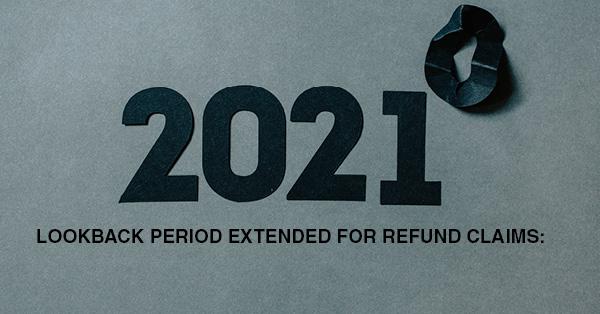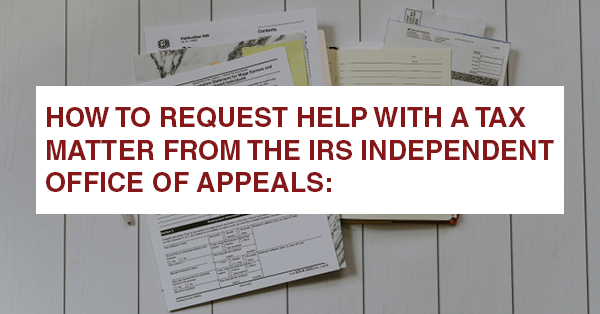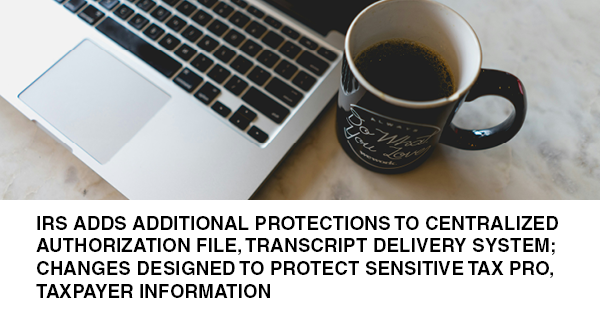LOOKBACK PERIOD EXTENDED FOR REFUND CLAIMS:

In Notice 2023-21, the IRS is lengthening the lookback period for refund claims for returns with due dates that were postponed by two earlier notices in 2020 and 2021, Notice 2020-23 and Notice 2021-21. Normally, a taxpayer must be able to point to a payment within the last three years to claim a refund, and the rules assume that all timely payments are made on April 15 of the year after the tax year at issue.
In response to COVID-19, the IRS had issued two notices, operating under a section of the Tax Code that gives the IRS the authority to postpone certain deadlines in case of federally declared disasters. Notice 2020-23 and Notice 2021-21 postponed certain tax return filing due dates, but neither of the notices lengthened the lookback period for refund claims for such returns under Section 6511(b)(2)(A) of the Tax Code, the limitation period on filing a claim for a credit or refund of any tax overpayment.
Therefore, some payments that taxpayers made — including estimated and withheld income taxes deemed paid on April 15 of each year for calendar-year taxpayers — will fall outside of the lookback period if taxpayers filed their returns after April 15. If the payments fall outside of the lookback period, then, despite filing a timely refund claim, a taxpayer can't be refunded those payments.
National Taxpayer Advocate Erin Collins welcomed the move by the IRS, but believes more needs to be done. "Without IRS intervention, any claims for credit or refund filed during the postponed period three years later that included withholding or estimated taxes would have been denied because the withheld amount(s) would have been credited to the taxpayer's account as of April 15, outside the three-year lookback period," she wrote in a blog post.
She believes the IRS notice is good news for taxpayers, but fails to resolve similar issues for other disaster filing postponements. "Issuing Notice 2023-21 has remedied an unintended consequence of the IRS's good deed of providing taxpayers with more time to file their 2019 and 2020 returns during the COVID-19 pandemic. This will prevent unwary taxpayers from being denied a credit or refund to which they otherwise would have been entitled," she wrote. "However, this relief needs to be made permanent by amending IRC § 6511(b)(2)(A) in anticipation of any future circumstances in which the IRS exercises its authority and postpones filing deadlines for all disaster relief. This will provide a permanent solution every time the IRS provides disaster relief by postponing the filing deadline and thus ensure that taxpayers' future claims for credit or refund won't be denied for having taken advantage of this relief."




